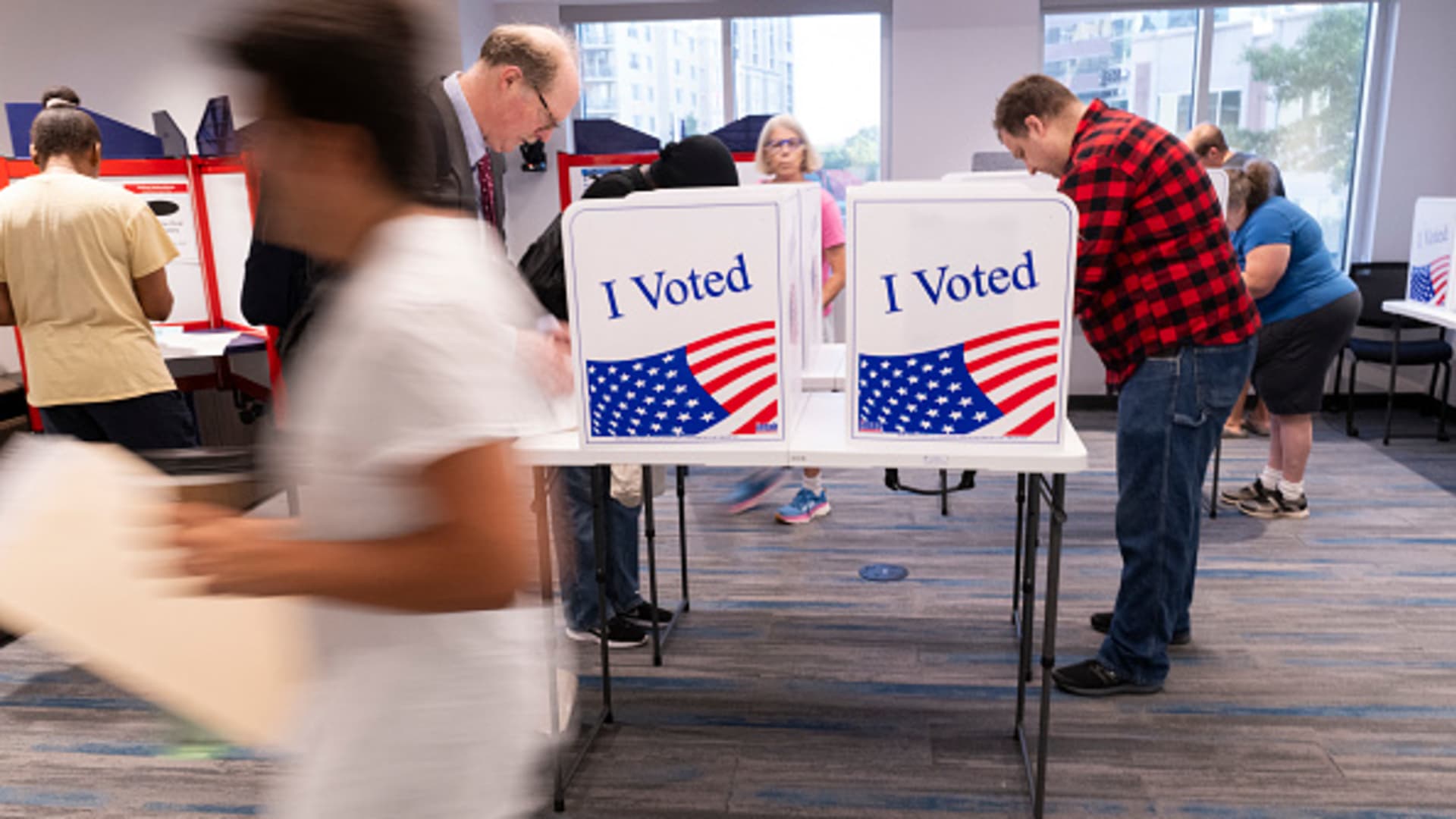- China’s latest efforts to influence the outcome of U.S. elections is shifting away from the presidential race and toward state and local candidates.
- “Russia, China, and Iran are largely looking to sow discord in the U.S., but China is probably the most strategic of the three,” said the former executive director of the Cybersecurity and Infrastructure Security Agency.
- Local and state elections have become prime targets for Chinese interference because they receive far less scrutiny than national races, making it easier for China’s influence campaigns to fly under the radar.
[…]
Disinformation is one of China’s primary tools to influence U.S. elections, with the aim of creating a fragmented political environment that weakens both national resilience and cybersecurity efforts. “These operations are often subtle, planting stories or memes that spark debate and controversy, with the goal of distracting from international matters and reducing U.S. influence abroad,” said Javad Abed, professor of information systems at Johns Hopkins Carey Business School.
“These actors most likely judge that amplifying controversial issues and rhetoric that seeks to divide Americans can serve their interests by making the U.S. and its democratic system look weak and by keeping the U.S. government distracted with internal issues instead of pushing back on their hostile behavior globally,” said U.S. intelligence officials during a recent election security briefing.
One example of China’s influence operations is its use of disinformation campaigns designed to exploit divisive issues such as immigration, racial justice, and economic inequality. Abed explained that China uses online platforms to circulate misleading narratives about U.S. border challenges or social justice movements, such as the George Floyd protests. By manipulating public discourse, experts said China seeks to amplify discord on sensitive topics while diverting attention from international matters.
[…]
Another notable Chinese-led operation is Spamouflage, or Dragonbridge, which has been active since at least 2017. This campaign leverages thousands of fake accounts on more than 50 platforms to infiltrate political conversations in the U.S., spreading propaganda and divisive messages while discrediting politicians. Spamouflage’s ability to penetrate local and national dialogues highlights the scale of China’s long-term influence strategy.
[…]
“We’ve seen these informational operations used in conjunction with demonstrations to encourage acts of violence and to have people begin targeting election officials and government officials,” said John Cohen, [executive director of the Program for Countering Hybrid Threats at the Center for Internet Security].
China has been focusing on influencing local elections for over a decade. What’s changing is that we’re starting to notice.
I guess what is meant here is the 2024 presidential election The focus shifts away from the initial “Harris vs Trump” topic to local/state issues.
Ah; that makes sense.
U.S. cybersecurity chief says election systems have ‘never been more secure’
State and local election officials across the country have made big improvements to strengthen both physical and cyber security at polling and voting locations to preserve election integrity, said Jen Easterly, the director of the U.S. Cybersecurity and Infrastructure Security Agency.
After Russia’s attempts to influence the U.S. presidential election in 2016, CISA was created to work with state and local officials to make sure voting machines aren’t vulnerable to hacks.
[…] Her confidence in election integrity comes as intelligence officials warn that foreign adversaries — mainly Russia, Iran and China — are stepping up efforts to undermine voter trust in the democratic process, sway voters and inflame partisan divisions.



